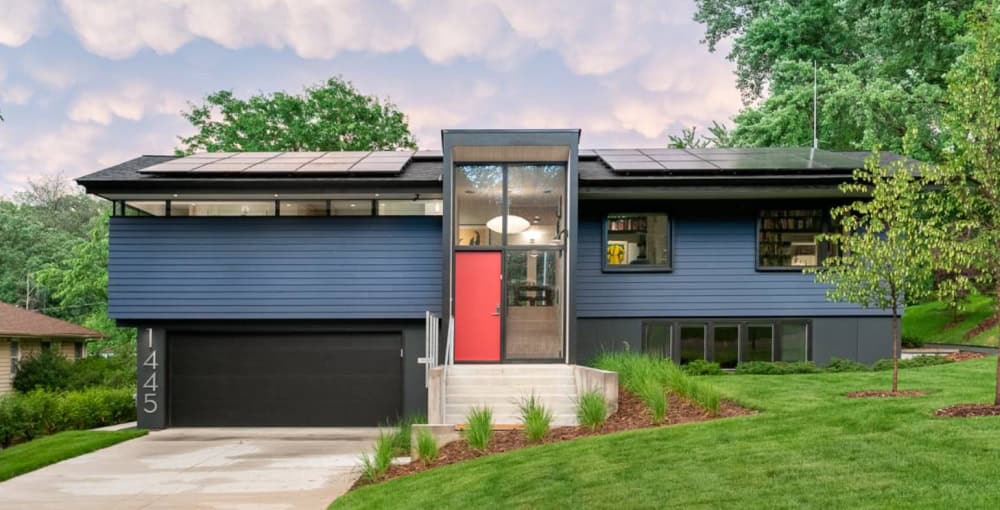Understanding Home Builder Warranties
Drop a Line if you have a Question!
Home Builder Warranties
Are you buying a new home? It’s important to understand the warranty provided by your home builder.
In this article, we will explain the different types of home builder warranties, key factors to consider, and how to effectively utilize your warranty.
Don’t fall for common misconceptions. By understanding the coverage and taking the right steps, you can ensure your new home is protected.
Get ready to navigate the world of home builder warranties with confidence.

Different Types of Home Builder Warranties
Now, let’s talk about the different types of home builder warranties and what they cover.
When it comes to purchasing a new home, understanding the warranty that comes with it is crucial. The most common type of warranty is the structural warranty, which typically covers any major structural defects for a specified period of time, such as ten years. This includes issues with the foundation, load-bearing walls, and the roof.
Another type of warranty is the systems warranty, which covers the electrical, plumbing, and HVAC systems. This ensures that if any of these systems fail within a certain timeframe, the builder will repair or replace them.
Additionally, some builders offer a warranty on appliances, giving you peace of mind in case they malfunction.
Understanding the different types of warranties can help you make an informed decision when purchasing a new home.
Key Factors to Consider in Home Builder Warranties
When considering key factors in home builder warranties, it’s important to evaluate the coverage and duration of the warranty. You want to ensure that the warranty covers all major components of your home, such as the roof, plumbing, electrical systems, and appliances. It’s also crucial to check if the warranty covers any structural defects that may arise in the future.
Additionally, pay attention to the duration of the warranty. Some warranties may only last for a year, while others can extend up to ten years or more. Remember that a longer warranty period gives you more peace of mind and protection.
Understanding the Coverage of Home Builder Warranties
To fully grasp what is covered in your warranty, take a close look at the extent of its protection and the duration it offers. Understanding the coverage of your home builder warranty is crucial in ensuring that you are adequately protected.
Start by examining the specific components or systems that are included in the warranty. Does it cover only structural defects, or does it extend to other aspects such as plumbing, electrical, or heating and cooling systems?
Additionally, consider the duration of the warranty. How long will it provide coverage for? Some warranties may have different lengths of coverage for different components.
Common Misconceptions About Home Builder Warranties
If you’re not careful, you might have some misconceptions about what your home builder warranty actually covers. It’s important to understand the limitations of your warranty to avoid any surprises down the road.
One common misconception is that your warranty covers all repairs and maintenance for your home. Unfortunately, that’s not the case. Your warranty typically only covers major structural defects and issues with the home’s construction. It won’t cover minor wear and tear or regular maintenance tasks.
Another misconception is that your warranty lasts forever. In reality, most home builder warranties have a limited duration, usually ranging from one to ten years. It’s essential to read the fine print and understand the specific terms and conditions of your warranty to ensure you’re not caught off guard.
Steps to Utilize Your Home Builder Warranty Effectively
Make sure you thoroughly review the terms and conditions of your warranty to effectively utilize it. Understanding the details of your home builder warranty is crucial in order to make the most out of it.
Start by reading the warranty document carefully, paying close attention to the coverage period, what is included or excluded, and any limitations or conditions. Take note of the contact information for the warranty provider and keep it easily accessible.
In the event that you need to file a claim, promptly notify the warranty provider and provide all necessary documentation and evidence. Follow any instructions given by the warranty provider and keep records of all communication.
Conclusion
So now you understand the ins and outs of home builder warranties. Remember, when it comes to choosing a warranty, consider the type of coverage you need and the reputation of the builder.
Don’t fall for common misconceptions and make sure to read the fine print.
And if you do encounter any issues, follow the steps outlined in the warranty to effectively utilize it.
With this knowledge, you can confidently protect your new home and ensure peace of mind for years to come.

Have a question?
Become a
























